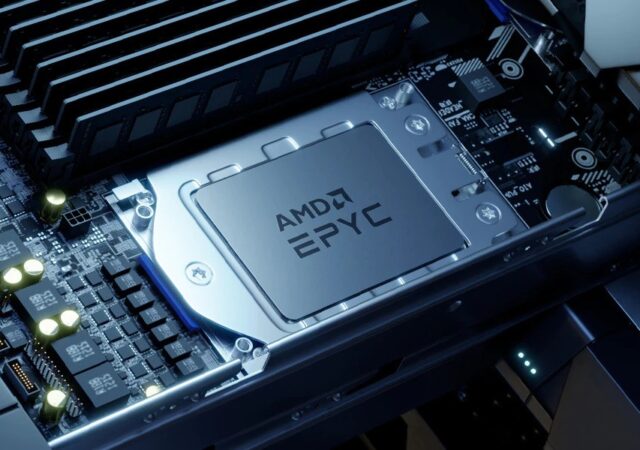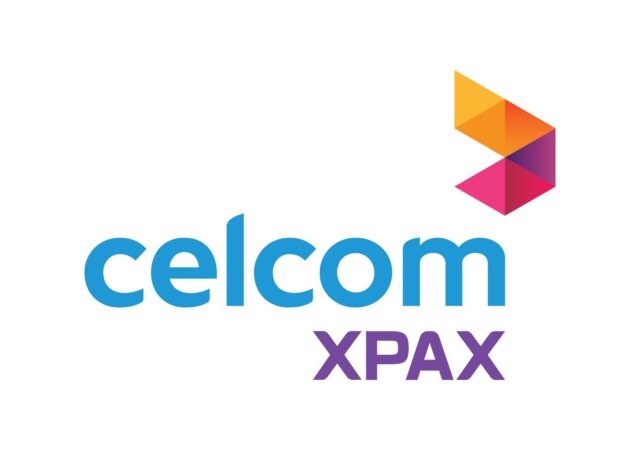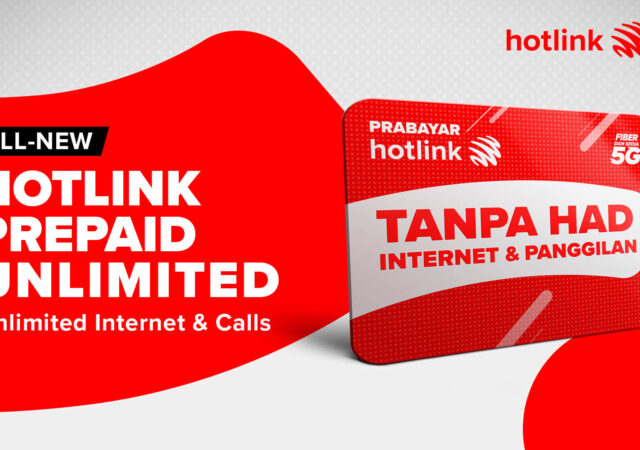VAST Data enters the APJ region with the launch of its Singapore headquarters with a vision to bring AI-driven solutions to the region.
Digi’s Juara Internet Malaysiaku Offers Free Phones, Extra Internet, and Rebates in Conjunction with National Day and Malaysia Day
Digi launches their new Juara Internet Malaysiaku promotions in conjunction of Malaysia’s National Day and Malaysia day celebrations
Even More EPYC with AMD – Stacking Zen 3
AMD just launched their new EPYC processors made for servers and data centers. The new processors feature Zen 3 and 7nm technology.
YES x Shopee DATABACK – Like Cashback, but for Data
YES and Shopee partners up to exclusively bring customers one of a kind rebate program for mobile data plans.
Just Say YES, You Really Have to with YES’ Kasi Up Mobile Data Plans
YES introduces new 4G plans for prepaid and postpaid that is more affordable than ever. Kasi Up plans start from MYR 15/month.
Four Steps to Accelerate Your Machine Learning Journey
Machine Learning is all the buzz right now, particularly with the current state of flux businesses are in. But where do we start?
Free 1GB For Now, Free 1GB for Later, Free 1GB For the Entire Day!
Telecommunication operators in Malaysia extend the use of 1GB free data to the end of the year and to 24 hours.
Celcom Xpax Truly Unlimited with Ultra Hour!
Celcom launched their new Truly Unlimited Xpax prepaid plans for unlimited surfing on smartphones with 3MBps data speeds from as low as MYR 12 a week.
Hotlink Goes Unlimited From MYR 3/day!
Maxis unveils the Hotlink Unlimited prepaid data plan finally. The plans start at MYR 3/day and up to MYR 45/month with up to 6MBps speeds.
Coronavirus Puts Remote Work Security to the Test
The COVID-19 outbreak is now considered a Pandemic to everyone’s fears. The COVID-19 does not just affect us physically though. It is affecting us in our workplace. As more and more organisations move toward a remote working structure, cyber criminals are starting to take even more advantage of the situation. Acronis has a way to protect the workforce.












